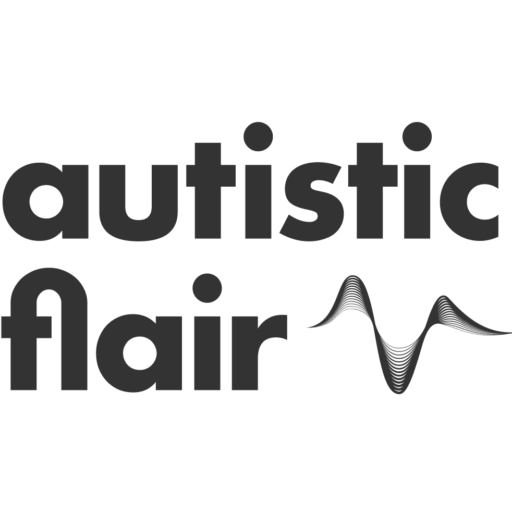“Whether or not you disclose your autism – to friends, family, employers or otherwise – is completely your decision.”
Deciding whether or not to disclose your autism isn’t always an easy decision to make. Katie provides some considerations to help you make an informed decision.
Should I disclose my autism?
There is no right or wrong answer to this question. Whether or not you disclose your autism – to friends, family, employers or otherwise – is completely your decision.
One thing I would like to stress is you should never feel obligated to do so. It is more than okay to keep it to yourself or only share it with those who will offer support, instead of judgement. Not disclosing doesn’t make you any less autistic and it doesn’t mean you are ashamed of your autism. It simply means you value your own wellbeing above other’s opinions.
In the same breath, I totally understand why someone would want to disclose to anyone and everyone. For many, autism defines them; it is an inextricable part of their identity. By not telling people about their autism, they are hiding who they truly are.
I am absolutely of the opinion that autism is a wonderful neurological difference that should be embraced, cherished – it is not a condition that we suffer from. The only reason some traits of autism can be disabling is because we live in a world not designed for autistics.
However, this also means some of the people we are disclosing to only see autism as a disability, and therefore there is no guarantee you will receive a welcome response.

To help you make an informed decision, here are some of considerations:
Masking
If you choose to not disclose your autism, this means every time you are with that person you might feel the need to ‘mask’ your true self in order to conform with society’s norm.
I find masking utterly exhausting – especially when you’re doing it day in day out, such as in a workplace. Not only that, pretending to be someone I am not is stressful, as I was always worried I would ‘slip up’, show a glimpse of the real me, and be caught out.
I do, of course, mask from time-to-time, for instance in moments when I don’t have the energy to open up a conversation about autism to misinformed neurotypicals. But the vast majority of the time, I am unapologetically myself. If people don’t like it, they don’t deserve my time.
Masking can be a useful tool; it is up to you when and if you use it.
Support
Disclosing your autism can grant you access to support, personally and professionally.
Your family and friends cannot support you unless they know how to. Disclosing your autism is one of the ways you can help them understand.
It is important to note that for years the media and certain corporations have fed people misinformation about autism. This means you are likely to be met with a lack of understanding from other people and it can take time to change someone’s perception – it won’t happen overnight.
Most of the time I welcome different opinions and encourage others to do the same, so we can start important conversations and learn from each other. Other times I simply do not have the energy or the will to do so – and that is okay.
When I started being open about my autism, to avoid becoming overwhelmed, I only disclosed with my close friends and family. Once I had their support, I felt confident to open up to more people, including my employer.
Professionally, in the UK every employee has the right to equality, fairness, respect, and understanding in the workplace. Employers have a legal responsibility to provide support and reasonable adjustments.
Find out more about your rights on the Gov.uk site.
Community
If you are nervous about disclosing your autism, the online #actuallyautistic community is a great place to start.
When I opened up to community, they welcomed me with open arms, and I was accepted immediately. You do not need to justify or explain yourself, each and every autistic person has had to go through the ‘should I disclose my autism’ journey.
Thank you for reading, and feel free to join our community on Instagram.

